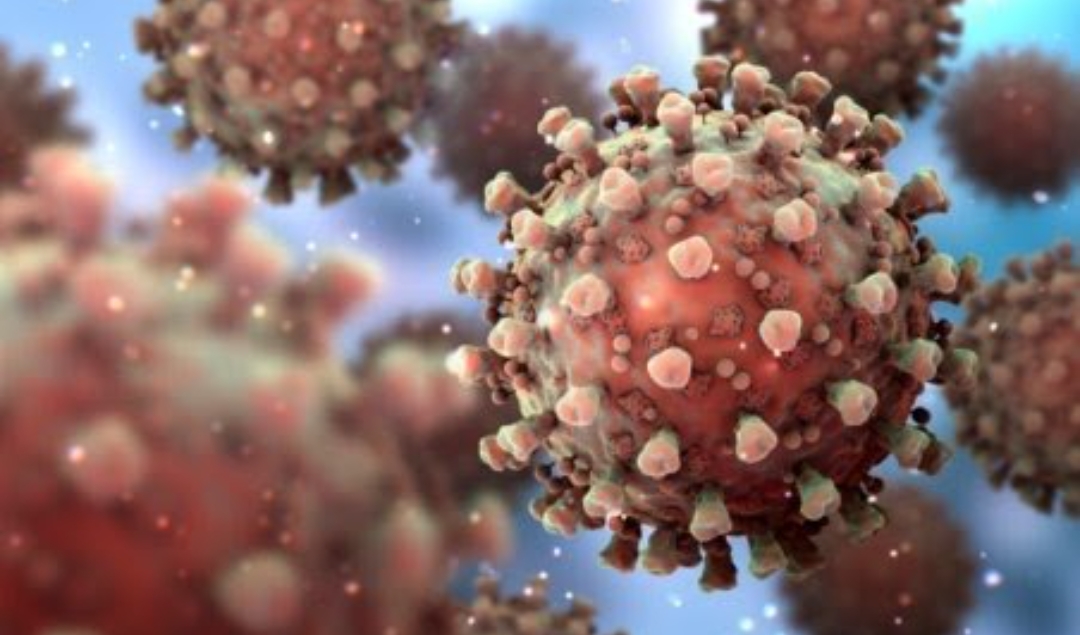
The B.1.617.1 and B.1.617.2 variants of the COVID-19, first identified in India, have been named as ‘Kappa’ and ‘Delta’ respectively, the World Health Organisation (WHO) said on Monday (May 31) as it named various variants of the coronavirus using Greek alphabets.
“Today, @WHO announces new, easy-to-say labels for #SARSCoV2 Variants of Concern (VOCs) & Interest (VOIs). They will not replace existing scientific names, but are aimed to help in public discussion of VOI/VOC,” Dr Maria Van Kerkhove, WHO’s technical Covid-19 lead tweeted.
WHO named the B.1.617.1 variant of the COVID 19 as ‘Kappa’ while the B1.617.2 variant was named as ‘Delta.’ Both the variants were first found in India. The earliest samples from both variants were documented in October 2020, it said.
Similarly, B.1.1.7, the variant first identified in the United Kingdom, will be known as Alpha.
B.1.351, the variant first spotted in South Africa, will be Beta.
P.1, the variant first detected in Brazil, will be Gamma.
B.1.427/B.1.429, the variant first detected in the USA, will be Epsilon.
P.2, the variant first discovered in Brazil, will be Zeta.
B.1.525, the variant detected in multiple countries, will be Eta.
P.3, the variant first discovered in the Philippines, will be known as Theta and
B.1.526, the variant first detected in the USA, will be Iota.
Today, @WHO announces new, easy-to-say labels for #SARSCoV2 Variants of Concern (VOCs) & Interest (VOIs)
They will not replace existing scientific names, but are aimed to help in public discussion of VOI/VOC
Read more here (will be live soon):
https://t.co/VNvjJn8Xcv#COVID19 pic.twitter.com/L9YOfxmKW7— Maria Van Kerkhove (@mvankerkhove) May 31, 2021
The UN health agency, in a statement on Monday said that an expert group convened by WHO has recommended labeling using letters of the Greek Alphabet, i.e., Alpha, Beta, Gamma, which will be easier and more practical to discuss by non-scientific audiences.
“The established nomenclature systems for naming and tracking SARS-CoV-2 genetic lineages by GISAID, Nextstrain and Pango are currently and will remain in use by scientists and in scientific research, it said.
“WHO and its international networks of experts are monitoring changes to the virus so that if significant mutations are identified, we can inform countries and the public about any changes needed to react to the variant, and prevent its spread,” it said.
Globally, systems have been established and are being strengthened to detect signals of potential variants of concern (VOC) and interest (VOI) and assess these based on the risk posed to global public health. National authorities may choose to designate other variants of local interest/concern, it added.
Also Read | Education Minister Ramesh Pokhriyal Admitted To AIIMS With Post-Covid Complications
